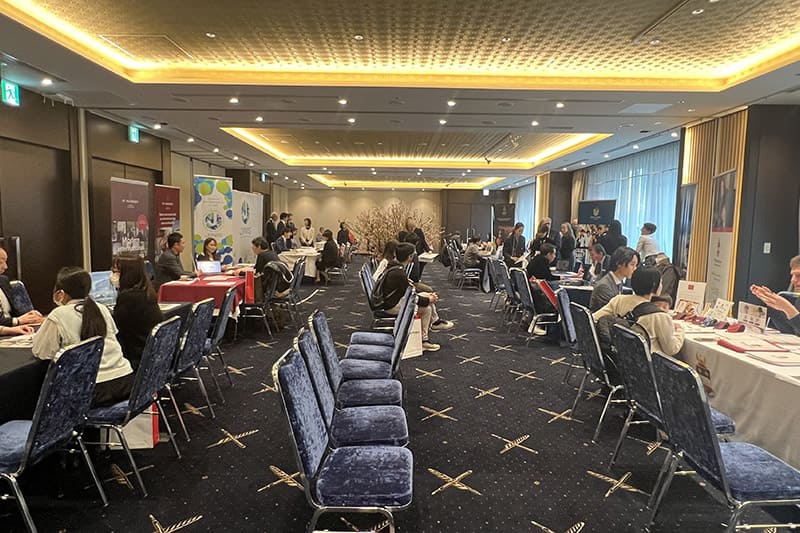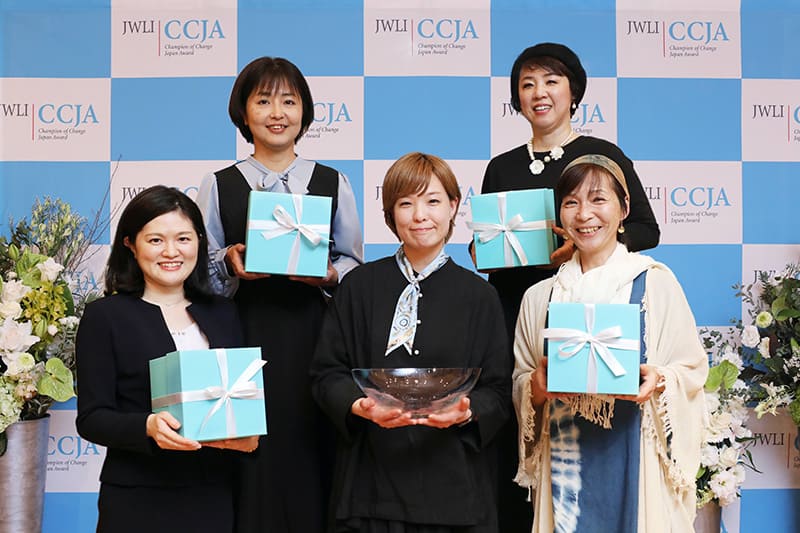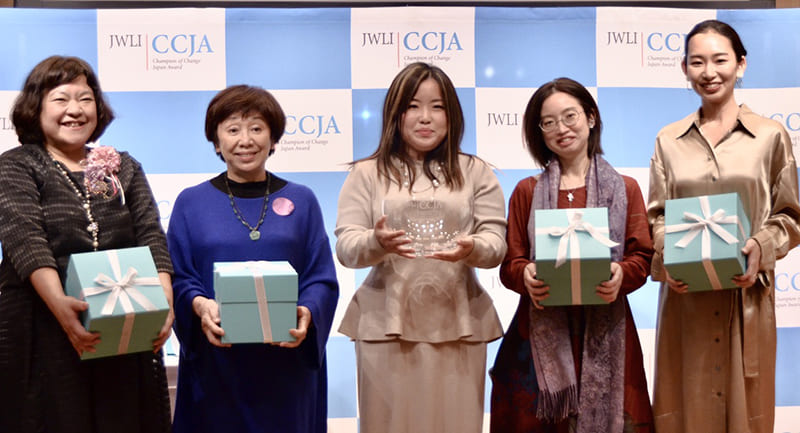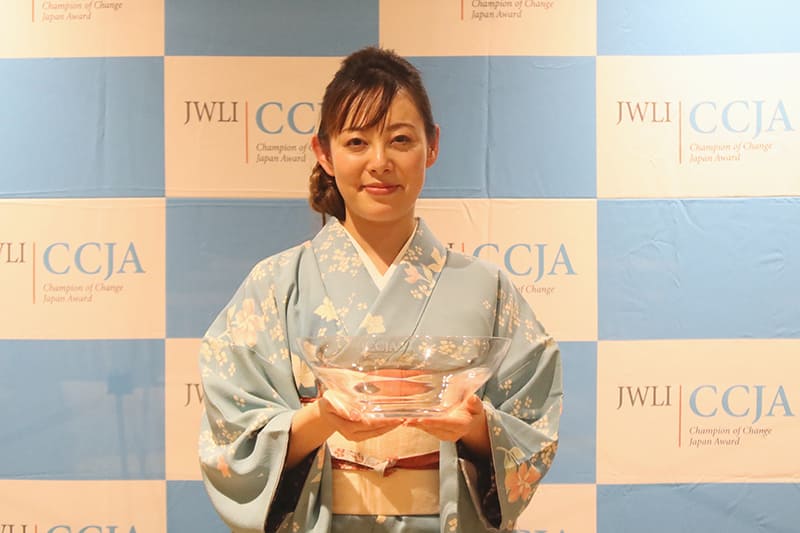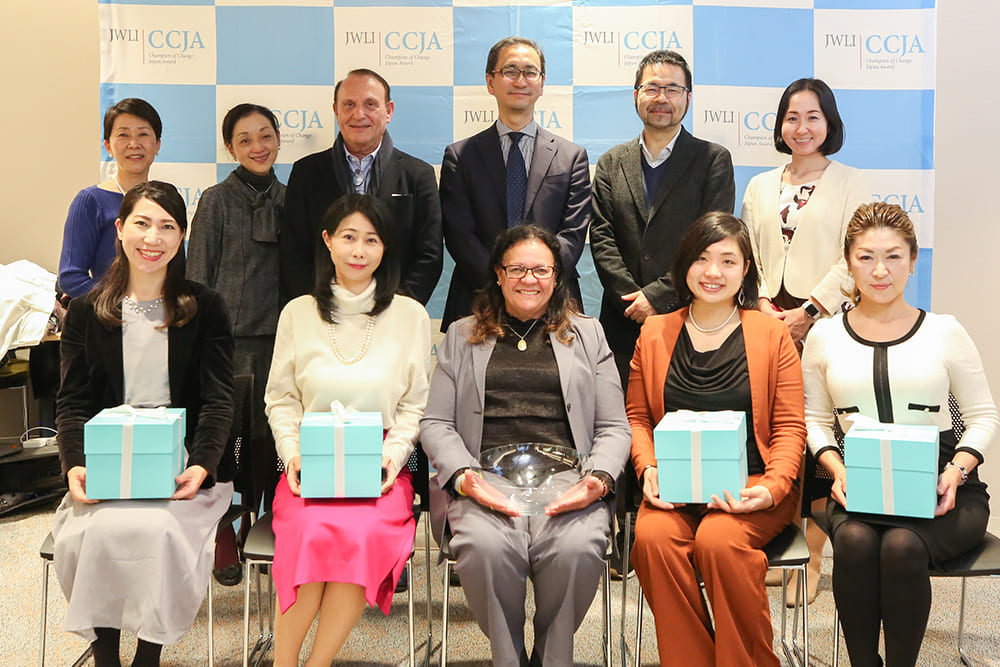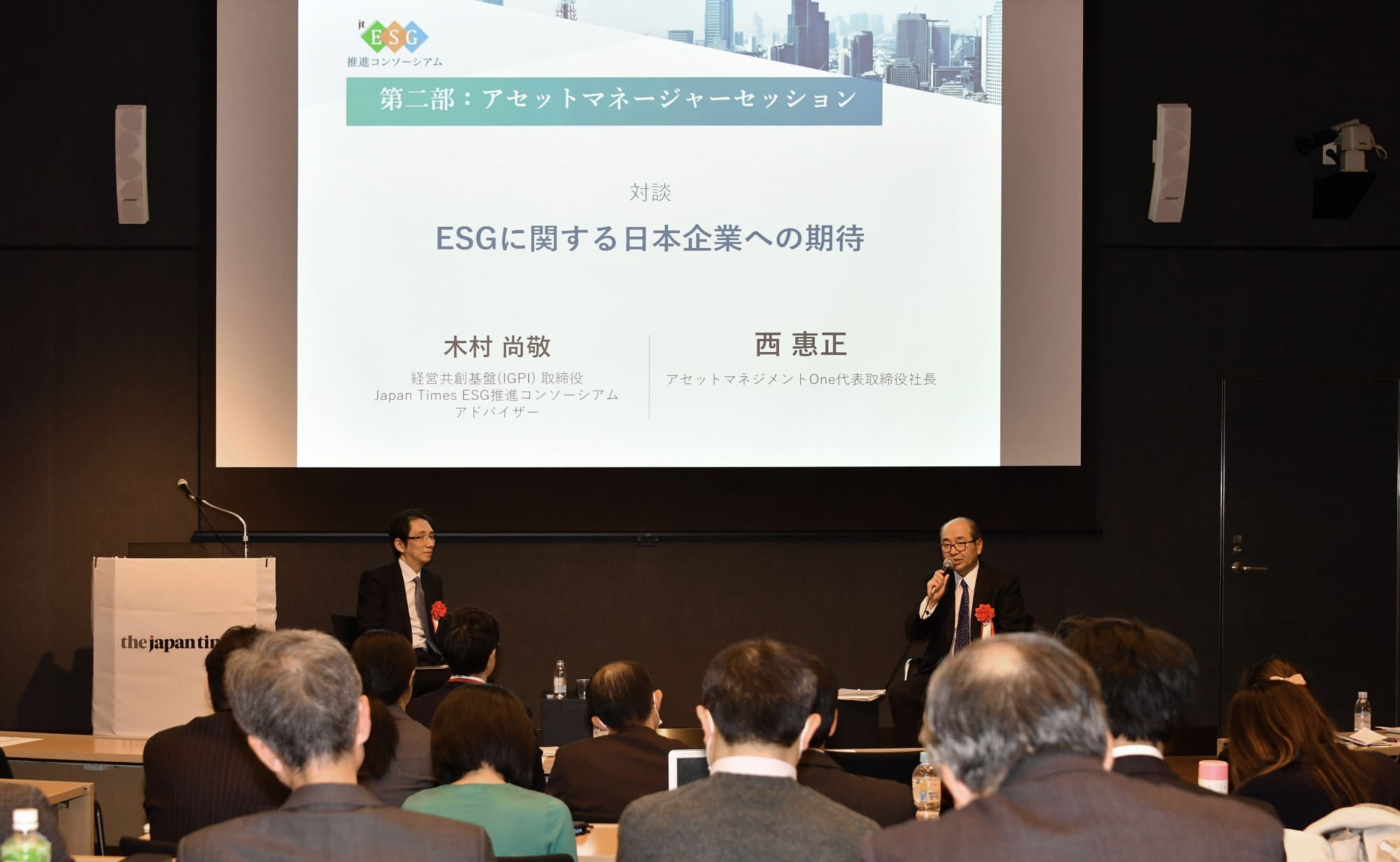January 09, 2022
Care curriculum: School founder Nishi binds Brazilians in Aichi
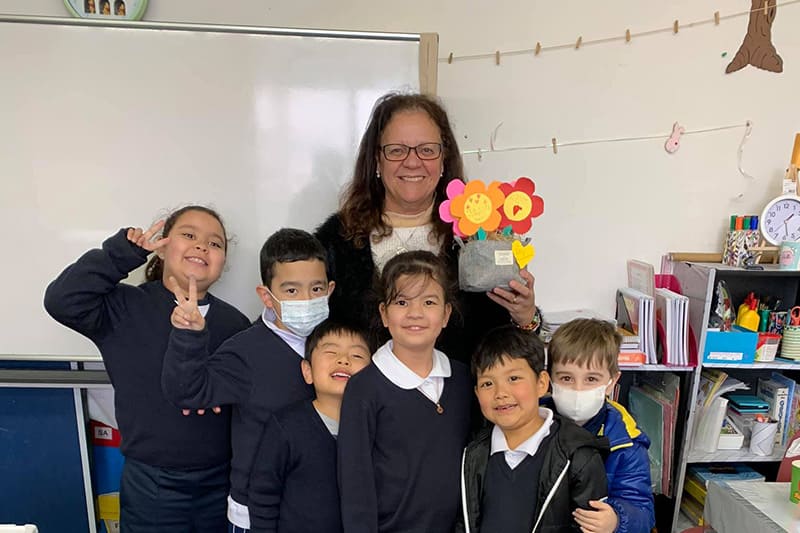
Living abroad during childhood is a life-changing experience in many ways. While it can have a positive impact, it may also leave a child with difficulties in both the mother and local tongues, plus put at risk self-esteem, identity and even daily life if the child fails to receive adequate education and attention.
Escola Nectar is a private school led by Principal Cleonice Goes Nishi in Aichi Prefecture that has been providing not only education in Portuguese but also livelihood support to Brazilian students in the area for 25 years. Recognizing her efforts and contributions to more than 2,000 children who have studied at her school, as well as their families and the community, the Champion of Change Japan Award (CCJA) selected her as the winner of the grand prize in 2020. The CCJA, established in 2017, sheds light on female leaders in Japan who address pressing needs in society.
Nishi is one of about 6,500 Brazilians living in the city of Toyota. She came to Japan with her family in the early 1990s. While her children quickly adapted to school life in Japan, she began to notice that they were losing their skills in Portuguese. “If you lose your culture and roots, the bond and communication with your families and relatives in your homeland may also be lost,” Nishi said.
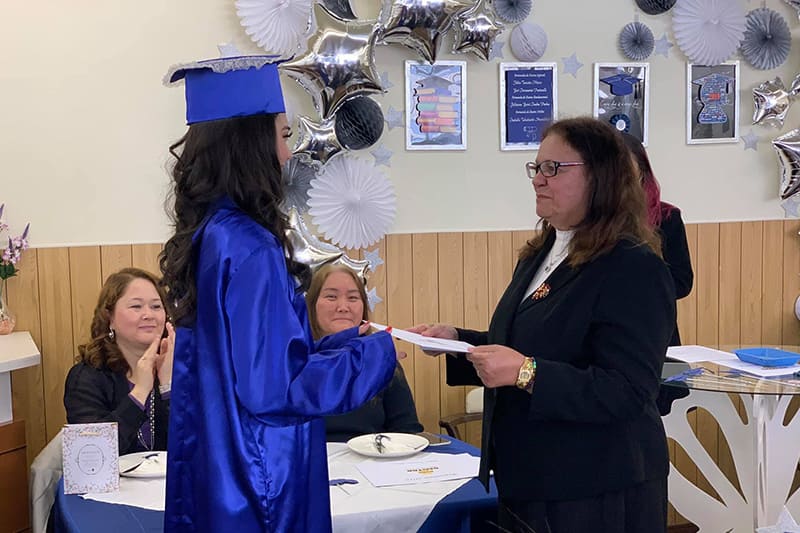
That was why she started to give Portuguese lessons to her children at home after school. Since there were many Brazilian families in the neighborhood, it was only a matter of time before her living room was filled with school kids whose parents had the same concerns as she did. Many of the parents had come to Japan to take jobs at auto plants in the area, and retaining Portuguese proficiency was especially important for those who planned to return to Brazil someday.
She rented an apartment to accommodate the growing number of students. She also hired a Japanese teacher to offer weekly Japanese-language lessons to children who did not attend their Japanese school or had not enrolled at all, and their situation is what pushed the transformation from after-school lessons to official school. To make it easier for students to transfer into schools in Brazil smoothly after they returned, her school became the first in Japan to be certified by Brazil’s Ministry of Education in 2001, when it officially became Escola Nectar. But it was not just schooling that Nishi provided. “There are children whose family situation is unstable or who cannot adapt themselves to Japanese schools. And if such children cause any kind of trouble, I have volunteered to solve the problems even if they are not our students,” she said.
At the beginning of the 2000s, the school had 100 to 150 students from kindergarten to high school, and its premises were in a very accessible location. Nishi explained that academic research and discussion on education in the mother tongue for foreign children in Japan also flourished around that time.
However, due to unfortunate events that happened internally, involving one of the supporters of the school, and externally, such as the Lehman Shock of 2008, Nishi and the school faced a number of challenges. The school had to move to a different location, and Nishi had to deal with various troubles, relying on the little resources she had in terms of the Japanese-language skills and local legal knowledge. Some parents lost their jobs due to the economic slump, increasing the need for support with daily life in addition to schooling.
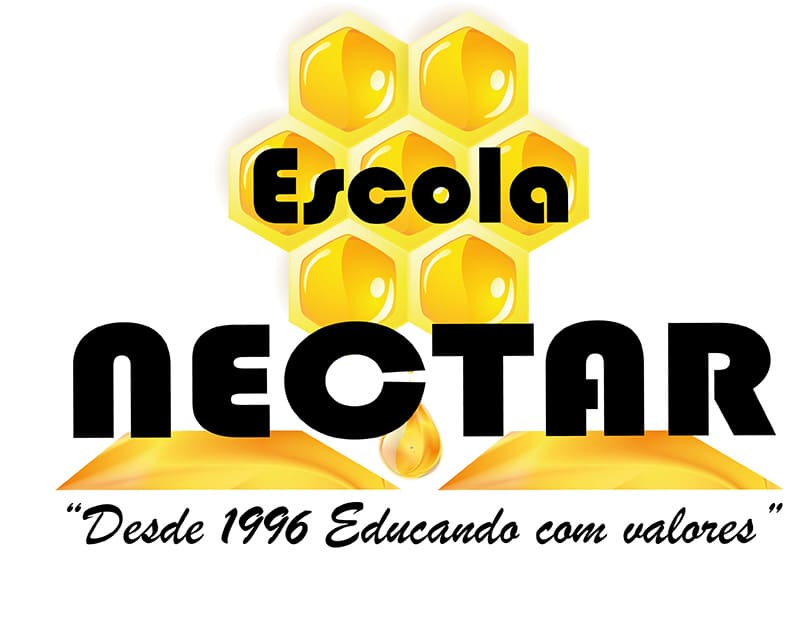
Through these years of hardship, Nishi said, she felt renewed empathy for the children who came to Escola Nectar. “As a foreigner, I struggled to solve problems with limited information and language skills the same way the children did when they could not adjust to Japanese schools,” she said, warning that feelings of helplessness and inferiority can grow without one fully realizing it.
“We try to support the youths becoming who they want to be and living the lives they want to live by unlocking their potential and evaluating each of them as an individual,” Nishi said. In that spirit, Escola Nectar also accepts students with diverse characteristics such as ADHD and autism and tries to maximize their potential. “When being a foreigner is already nonstandard, such children are nonstandard even in other Brazilian schools in Japan, and without adequate support to foster their abilities,” Nishi said. She completed a master’s degree program on education for children with special needs and an online course about mental support for teens last year.
Nishi said she has been greatly encouraged by former students of Escola Nectar who are doing what they want to do in life — pursuing higher education, starting businesses, acquiring qualifications, getting jobs they wanted and so on.
“The CCJA award also made me feel as if I was brought back to life after years of hardship,” she said. “There are many women who are doing assiduous social activities behind the scene. I hope they do not give up, because someday someone is going to recognize them.”

